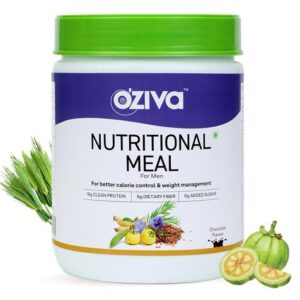People have been wondering about the link between whey protein and cholesterol, as whey protein is high in fat. Whey protein is a convenient alternative to whole foods. Whey is the by-product that is created during the process of making cheese. It is popular for dietary supplementation. It is also a great protein supplement for those who are vegetarians.
Preliminary research suggests that you can take whey protein to lower cholesterol. However you should still have whey protein in moderation as a part of a balanced diet. There are small amounts of cholesterol in whey protein products, so these products can contribute to your cholesterol consumption and count toward your daily intake limit.
There are different types of whey products in the market such as whey isolate, concentrate and hydrolysate. Whey protein isolate is fat-free and lactose-free. Whey protein isolate is the purest form of whey protein (and has the lowest amount of cholesterol in whey protein. Protein concentrate does contain low levels of cholesterol in whey protein) and is less expensive than isolates. Whey protein hydrolysate contains less allergen than concentrate and isolate. This makes it much easier for the body to break it down.
Suggested read – The Best Ways To Consume Whey Protein
Whey Protein Basics: Connection Between Whey Protein And Cholesterol

Milk contains two major groups of proteins, casein and whey. Whey proteins are quickly digested by your body as compared to casein which results in a rapid increase of amino acids in the bloodstream. According to the Journal of the International Society of Sports Nutrition in 2007, casein as compared to whey causes a moderate but long lasting increase in amino acids. Whey is a better source of BCAA which provides energy for muscles. It may also help reduce exercise damage after exercise. Casein does not affect cholesterol levels much, but there is no confirmed proof of their relationship, unlike that of whey protein and cholesterol.
Cholesterol in Whey Protein Supplements

The amount of cholesterol in whey protein powders that you can get differs from brand to brand. So read the label carefully and limit cholesterol (including your cholesterol in whey protein) to no more than 300 milligrams. Cut back on high-cholesterol foods, so that you don’t consume more than the recommended amount. Whey protein contains a high amount of saturated fat that can increase your cholesterol count. Here is what you can do regarding cholesterol in whey protein.
Try to replace your trans fatty acids and saturated fats with healthier fats (such as monounsaturated and polyunsaturated) which helps in lowering your LDL cholesterol when eaten as a part of diet. Sources of monounsaturated fats and polyunsaturated fat include nuts, seeds and vegetable oil. Limiting your cholesterol intake may help lower your risk.
Healthy alternatives include beans and eating vegetables as a substitute for consuming protein from animals. Whey protein powder is an excellent supplement that can be used to increase your daily protein intake. You do not need to be an athlete just to take protein powder as normal persons can also consume whey. There is cholesterol in whey protein, which many people overlook on the label. Over the course of a day all the cholesterol adds up and may affect your long term risk of heart disease or other health issues.
Keep the connection between whey protein and cholesterol in your mind before you buy a whey protein to lower cholesterol.
Add OZIVA Protein & Herbs Shake to Your Diet if your diet is lacking in proteins. If you want a detailed nutrition consultation, drop us a mail at nutrition@oziva.in or call us on 9769298556 and our experts will help you with your fitness goal, including understanding the relationship between whey protein and cholesterol.
Last modified: August 19, 2023





